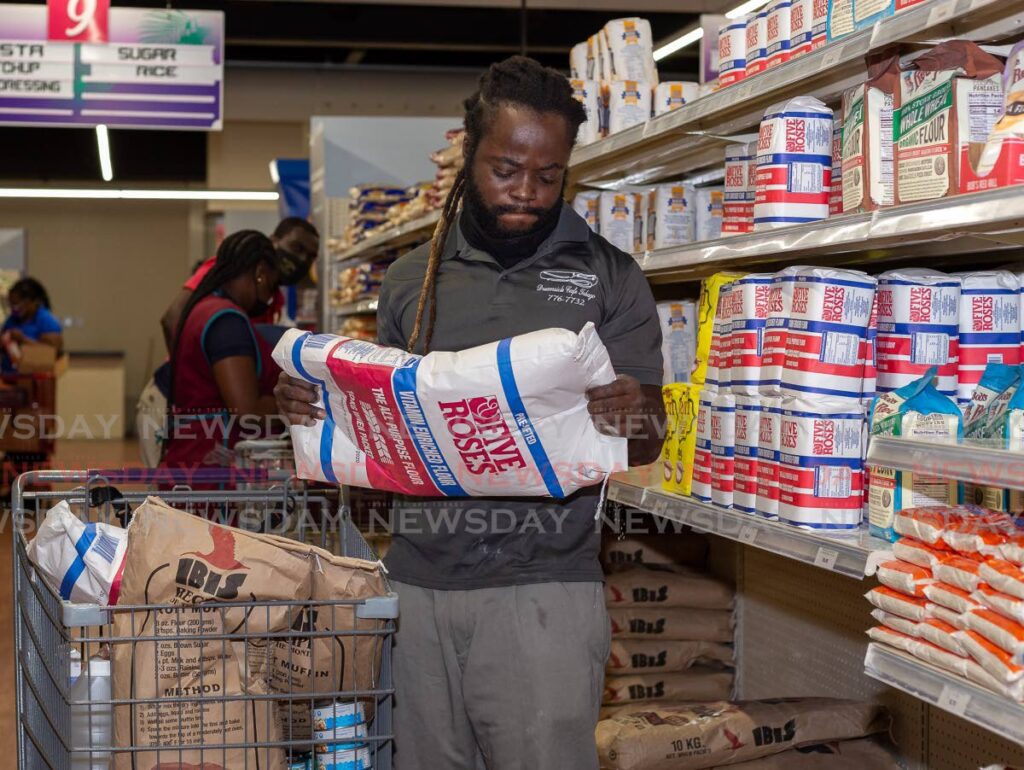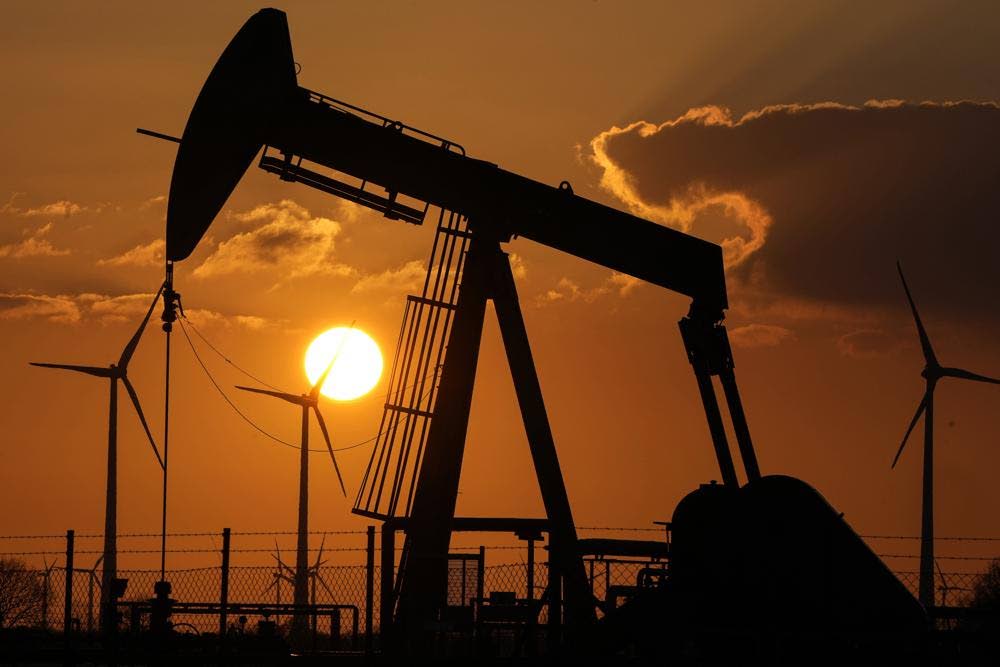Business chambers brace for early budget

After presenting two budgets in the midst of a pandemic and a resulting worldwide economic crisis, the government will in a couple months lay its third budget in its second term.
The Prime Minister, in a press conference on Monday, announced that Finance Minister Colm Imbert will present a review of the economy, and shortly after, will lay the appropriation bill for the financial year 2022-2023 in Parliament.
He said the budget will be laid before Parliament earlier than its usual time, in October.
The announcement has resulted in mixed responses among the business community, with some expressing concern and others saying whether the next budget brings good news or bad, it would be better to know early.
TT Chamber: Better to know early
Despite mixed reactions to the announcement of an early budget and financial review, Charles Pashley, president of the Trinidad and Tobago Chamber of Industry and Commerce said it is better to know early whether the news that is coming is good or bad.
“When you have potential challenges, it is better you plan ahead of these challenges. So having an early budget is a positive indication that we are taking our challenges seriously and therefore want to put plans in place to grow out of the challenges,” he said.
“Whether it is good news or bad news, it is better to face it early. If it is bad news you can plan for it and if there is good news, well, then we have more time to go and build on that good news.”
Arima Business Association president Christian Rampersad said he was worried. “An early budget is not a good thing,” he said.
“If you are having an early budget that could mean that you have run out of money early. You have to look at running a country like running a household. If in the middle of the month or before pay day, you say I need a tax injection or I am going to see what I have to do and I am going to plan early for that, that means that something is either wrong or something very good has happened.
"But usually it is because something is wrong.”
Pashley highlighted the reality that the world is still battling a pandemic on both public health and economic fronts which has made things difficult the world over.
“When you talk about debt and the debt to revenue side of things, that will continue to be a plague for the world for the foreseeable future,” he said.
“Inflation and supply of goods and services will continue to be a challenge over the next 24 months or so in those areas, so we expect that there will be some discussion around that.”
Chambers: Some promises materialised
The 2021-2022 budget was laid in October last year based on assumed oil and gas prices of US$ 65a barrel and US$3.75 per MMBtu respectively.

The total revenue based on the assumed prices was $43.3 billion and the total expenditure was $52.42 billion, leaving a fiscal deficit of about $9.096 billion. Of the total revenue, it was expected that $12.6 billion would be revenue from oil.
Out of the revenue, government made plans to provide a supportive environment for growth in the private sector, entrepreneurs, domestic businesses and foreign investment; and further build the manufacturing sector. Government also planned to continue paying VAT returns to businesses to help them with a better cash flow.
But as a result of worldwide shocks and uncertainty, oil prices sky-rocketed past predicted prices.
According to Oilprice.com WTI Crude oil prices as at yesterday (July 20) stood at US$102.6 a barrel and Brent crude was US$107 a barrel.
According to the mid-year review presented by Imbert on May 16, the additional revenue from higher oil prices stood at about $3.081 billion.
He proposed that government use the added revenue to clear arrears, pay outstanding gratuities, subsidise fuel, meet increasing demands for social welfare and pay increased wages for public servants upon the completion of negotiations.
With regard to VAT returns, government plans to pay out a total of $4 billion to businesses this year with an increase of $1.6 billion because of the additional oil revenue.
Rampersad said government made promises and even came through on some. He said in Arima, what is now being done is maintenance on infrastructure which leads to greater activity and a relief on businesses.
“You will see some pot holes being patched and general maintenance being done. A lot of these things were neglected while government was focused on battling the pandemic,” he said.
“This will result in greater activity. Once you start doing things like maintenance there is a trickle-down effect, where the money will go into the hands of people in lower to middle income families, they will spend and when they spend it would start the wheel turning for the economy.
VAT returns appreciated but...
Pashley said the slow flow of VAT returns hurt businesses and was appreciative of the fact that the government sought to address it.
“VAT refunds are a significant drag in terms of companies' cash availability, and it also increases the cost of doing business because they then have to take heavy debt financing to operate the business,” he said.
San Juan Business Association President Jason Roach shared the same view, saying any additional revenue to alleviate the problem is always a good thing.
“You have to understand that when a business doesn’t get its VAT returns in a consistent and timely manner, they have people that they have to account to. You have to be able to protect the cash flow.
But the additional revenue could be a temporary fix to a permanent problem, because of the volatility of the price of oil, which in 2020 dove to as low as US$3 a barrel.
Chambers called for government to come up with a strategy to ensure that VAT returns are paid consistently and on time. “This is an issue that has been stifling businesses for a very long time,” he said.
“When you are unable to predict your cash flow in terms of money and money out and you are waiting on a return for two to three years, it does not augur well for the relationship with the bank and it impacts your credibility. I welcome the additional resources to rectify the problem, but obviously more has to be done.”
Pashley added that cash flow is a critical factor for the success of any business, and VAT refunds, or rather, the delay in payment of VAT refunds for local businesses have become a drag on the economy.
“It also increases the cost of doing business because businesses then have to take heavy debt financing to keep them afloat,” he said.
“We feel that improving the refund system and improving efficiency in the VAT system will significantly help the efficiency of businesses where they will be able to utilise the investment funds in growing the business instead of securing capital.”
Roach called for a better system for payment of income tax refunds, saying employees who file their income tax are not getting the returns in a timely manner.
He added that his association looks forward to hear what would be done in terms of pandemic stimulus packages for businesses and people alike.
“We want to see what plans the government have with fiscal policies to bolster the economy from the ravages of the pandemic,” he said.
Pashley also said that the TT Chamber is looking forward to the positives coming out of the increases in energy prices and what would be done with the additional revenue.

“We hope the government utilises it to push diversification of the economy faster, improve the ease of doing business and support SMEs that have the opportunity to create employment in the country quicker."
He also suggested that government prioritise opportunities for export markets that would either secure more foreign exchange or save whatever forex TT already has.
“We have the global push for food security which we believe a well-constructed agro and agro processing drive will redound to the benefit of the country.
"With enhanced revenue you are going to get the benefit of having more cash available for the diversification of the economy.”

Comments
"Business chambers brace for early budget"